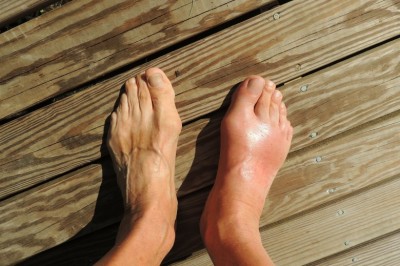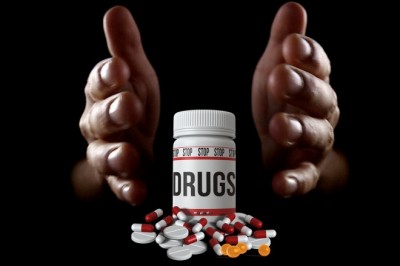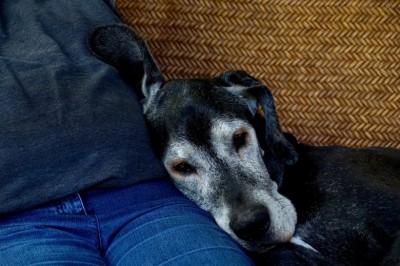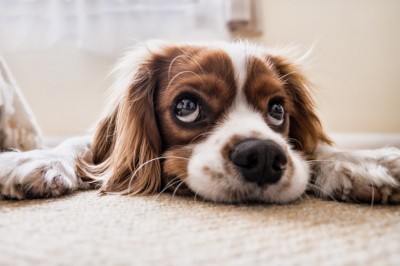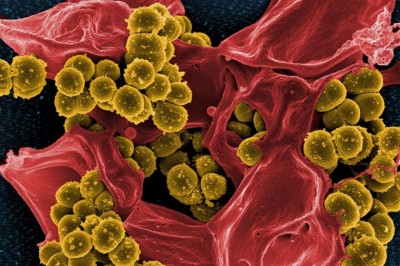A Guide To Treatments For Urinary Incontinence In Dogs
Is your dog showing signs of urinary incontinence? You may be finding puddles of urine around the house. You notice that your old friend is dribbling urine and doesnt seem to be able to control it. You know when hes around because you can smell him.
Many dog owners dont realize that urinary incontinence in dogs is usually not difficult to treat. If your dog is showing signs of this problem, you need to take him to the vet for a check-up.
What Are The Causes of Urinary Incontinence In Dogs?
- Bladder infections
- Drinking too much water
- Weak bladder sphincter
Bladder Infections In Dogs
Female dogs are much more likely to develop bladder infections than males. This is because the urethra is shorter and broader in females, which allows bacteria easier access to the urinary tract.
Your vet may want to do a urine culture to determine exactly what is causing the infection. Most bladder infections in dogs are caused by E. coli or staph, although some may be cause by a fungal infection. This will help your vet to decide which antibiotic to treat your dog with.
If a bladder infection is the cause of incontinence in your dog, youll see an end to the problem very quickly, as the infection is cleared up. However, you need to be sure to give your dog the full antibiotic course to keep the infection from coming back.
Drinking Too Much Water
This may sound a bit silly, but drinking too much water can definitely cause your dog to have trouble controlling his bladder. He just cant hold it long enough to get outside.
Why would a dog drink too much water? There can be several reasons:
- Diabetes
- Cushings Syndrome
- Kidney failure
If you notice that your dog is drinking excessive amounts of water, its important to take your dog for a vet check-up to check for these conditions.
Weak Bladder Sphincter
This sometimes happens as your dog gets older. The muscles in the sphincter dont tighten and close as well as they did when your dog was younger, which leads to urine dribbling. If your dog is overweight, this can compound the problem.
Your vet may treat this condition with hormone therapy. Male dogs are given testosterone, while females receive estrogen. Another treatment is a drug that stimulates the nerves in the sphincter muscles. These two treatments can be given together, if necessary.
Do Natural Remedies For Incontinence In Dogs Work?
Conventional medicine treats just the symptoms, not the root cause of the problem. Holistic medicine, on the other hand, starts with the idea that your pet naturally maintains a balance in his body that protects him from disease, as well as helping him to heal himself. If this balance is upset, your dog gets sick.
Holistic medicine looks at your dog as a whole, not as a urinary tract, or a digestive system, or a nervous system. Natural remedies work by stimulating your pets immune system so hes able to fight off infections better. Specific herbs and homeopathic remedies work to correct underlying problems and not just treat the symptoms.
Heres some food for thought. People are becoming more careful about the drugs they take, and its to be expected that theyll take extra care with their pets, too. Herbal and homeopathic remedies for urinary incontinence in dogs are safe and effective, with no risk of side effects. Theyre also inexpensive and readily available.
Now that you know this, youll want to learn more about how natural remedies for incontinence in dogs can solve your dogs bladder problems.
Darlene Norris has combined her long-time interest in natural healing with her experience working at a vet clinic to bring you her new website, Natural Pet Urinary Health. Discover how herbal and homeopathic remedies can help your incontinent dog at http://naturalpeturinaryhealth.com












